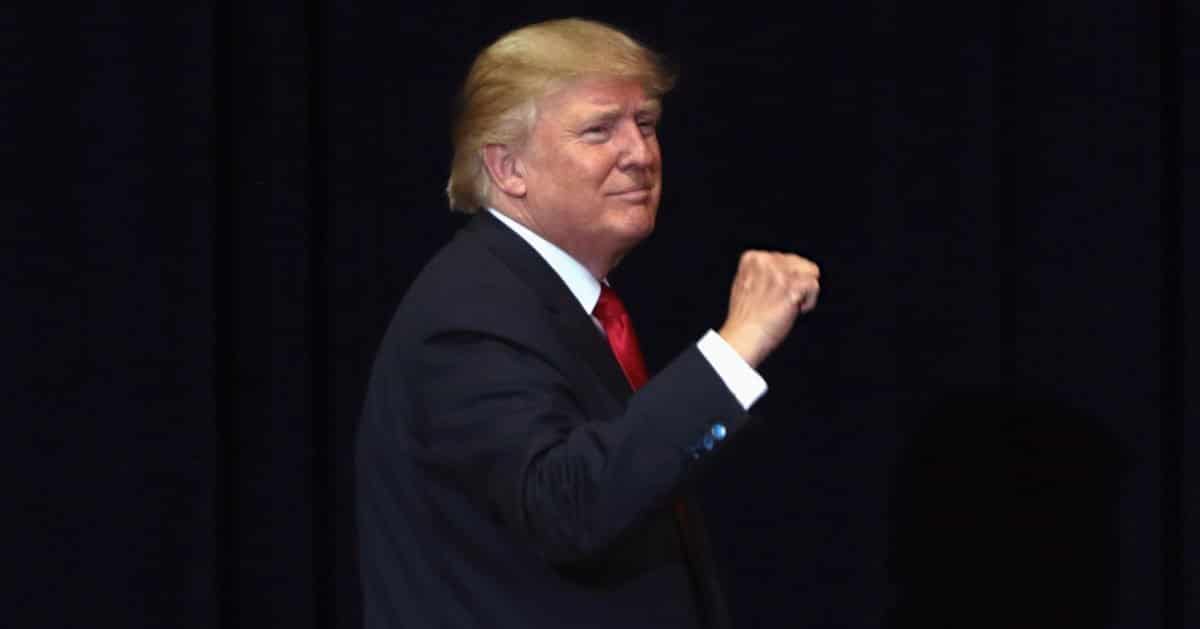



Justin Fulcher, a key advisor to Defense Secretary Pete Hegseth, walked away from the Pentagon on Thursday, leaving behind a trail of bold reforms and a reshuffled team.
His exit, confirmed by the Department of Defense, marks the end of a planned six-month stint that shook up the status quo. For conservatives, it’s a bittersweet moment—losing a sharp mind but gaining a champion for America’s warfighters.
Fox News reported that Fulcher, who joined Hegseth’s inner circle in April, advised on personnel and policy, steering the Pentagon toward a sharper focus.
He resigned voluntarily, meeting his goal of a half-year commitment, as he announced on X Saturday afternoon. The move, described as amicable, aligns with a broader personnel shake-up under Hegseth’s watch.
Since January, at least six aides have left Hegseth’s office, a churn defense officials call standard. Fulcher’s work, though, was anything but routine—he pushed for lethality in acquisition programs and slashed software procurement timelines from years to months. Progressive bureaucrats might wince, but efficiency like that is music to taxpayers’ ears.
“As planned, I’ve completed 6 months of service in government to my country,” Fulcher posted on X. He’s not wrong—his tenure was a sprint, not a marathon, and he delivered. But six months feels too short when you’re rewiring a bloated Pentagon machine.
Fulcher’s fingerprints are on nearly $50 billion redirected from non-lethal programs to readiness and high-impact defense initiatives. That’s not just budget shuffling; it’s a middle finger to wasteful spending that’s plagued the Department of Defense for decades. Conservatives cheer, while the woke crowd clutches their pearls.
He also modernized IT systems, streamlining processes that once crawled at a snail’s pace. Speeding up software procurement isn’t sexy, but it’s critical for keeping America’s edge in a world where China and Russia don’t dawdle. Fulcher’s exit leaves big shoes to fill.
Fulcher joined Hegseth at high-level Indo-Pacific meetings, including the Shangri-La Dialogue in Singapore. His presence ensured America’s military priorities stayed front and center, not diluted by diplomatic fluff. It’s the kind of focus that makes adversaries nervous and allies confident.
“None of this could have happened without Secretary Hegseth’s decisive leadership or President Trump’s continued confidence in our team,” Fulcher said. He’s right—Hegseth’s no-nonsense style, backed by Trump’s trust, gave Fulcher room to execute. Contrast that with the endless committees of the previous administration, and it’s clear why results happened fast.
Still, Fulcher’s departure raises questions about continuity. The Pentagon hasn’t named a replacement, and with six aides already gone, Hegseth’s team is in flux. Stability matters when you’re staring down global threats, but change can also keep the bureaucracy from getting too cozy.
Defense officials insist the personnel changes are just business as usual. Maybe so, but losing talent like Fulcher stings, even if it was planned. His work strengthened the U.S. industrial base, a lifeline for national security in an era of supply chain chaos.
“The Department of Defense is grateful to Justin Fulcher for his work on behalf of President Trump and Secretary Hegseth,” said Sean Parnell, chief Pentagon spokesman. Gratitude is nice, but it doesn’t fill the void of a guy who gets things done. The Pentagon needs more doers, not more desk-warmers.
Fulcher’s not disappearing—he vowed to “champion American warfighters” moving forward. His next steps are unclear, but national security circles will likely keep him close. A guy this effective doesn’t just fade into obscurity.
For now, the Pentagon presses on without Fulcher, and Hegseth’s team faces the challenge of maintaining momentum. The reshuffle might be “standard,” but it’s a reminder that even the best teams need fresh blood to avoid stagnation. Conservatives hope Hegseth keeps picking fighters, not yes-men.
Fulcher’s six-month legacy is a blueprint for what the Pentagon can be: lean, lethal, and focused on results. His exit isn’t a defeat—it’s a signal that short bursts of principled leadership can outshine years of bureaucratic drift. The woke crowd might not get it, but America’s warfighters do.
As Fulcher steps back, his promise to stay engaged in national security keeps hope alive. He’s not just walking away; he’s setting the stage for the next battle—wherever that may be. For a nation tired of endless wars and red tape, that’s a spark worth watching.



